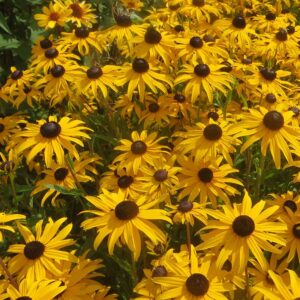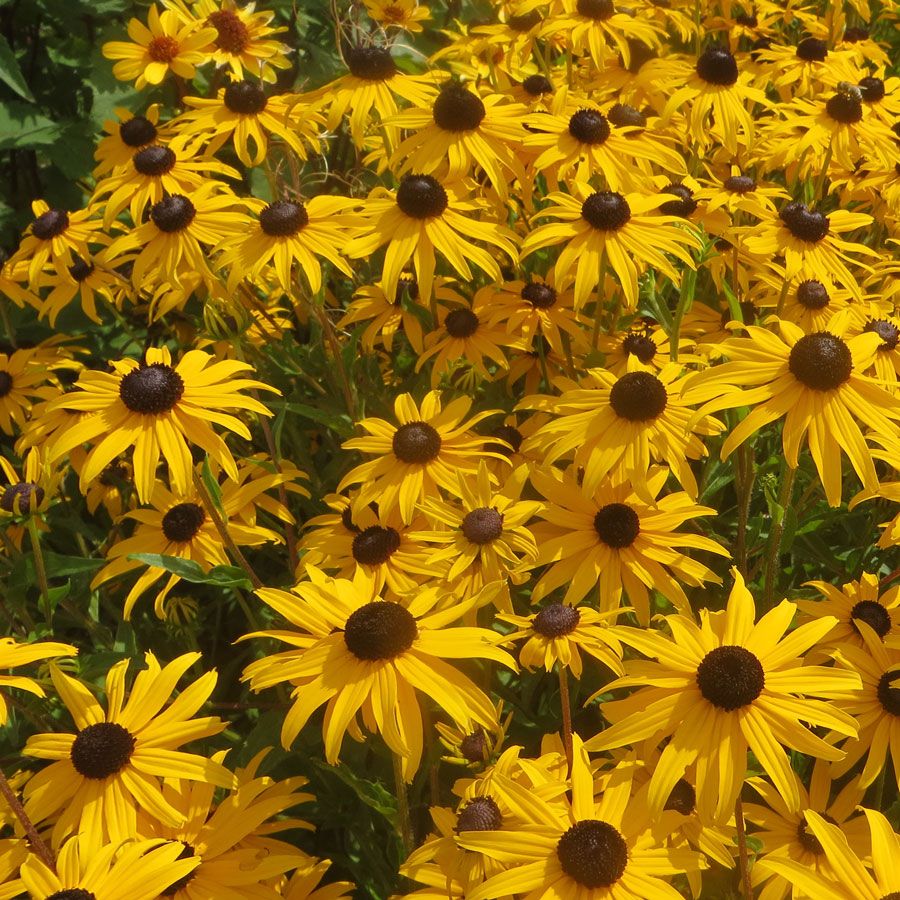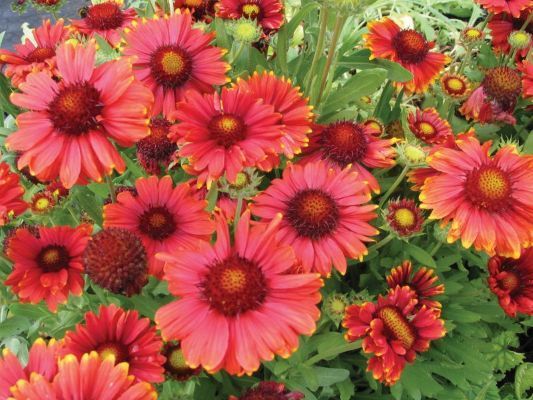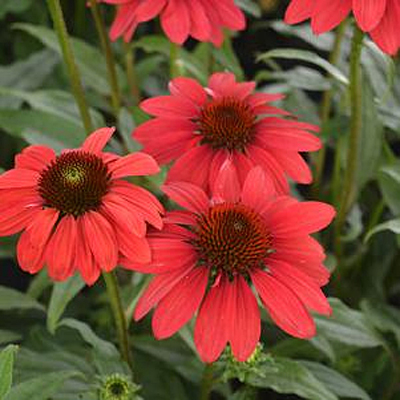Description
 Rudbeckia fulgida sullivantii Goldblitz
Rudbeckia fulgida sullivantii Goldblitz
Goldblitz Black-eyed Susan
Floral fireworks of golden daisies, Goldblitz is a perennial that should bloom the first year after an early spring sowing indoors. Hardy, sturdy, a powerhouse bloomer, rabbit, deer, drought resistant, and a boon to butterflies.
Zone: 4,5,6,7,8,9
Size: 2-2.5′ h x 1.5′ w
Sun: Full sun
Soil: Regular, moist, well-drained
Season: Summer to fall
Attracts: Bees and Butterflies
Deer: resistant
Drought: tolerant




Reviews
There are no reviews yet.